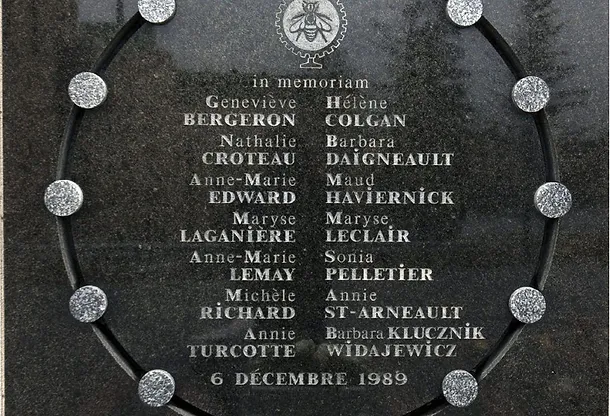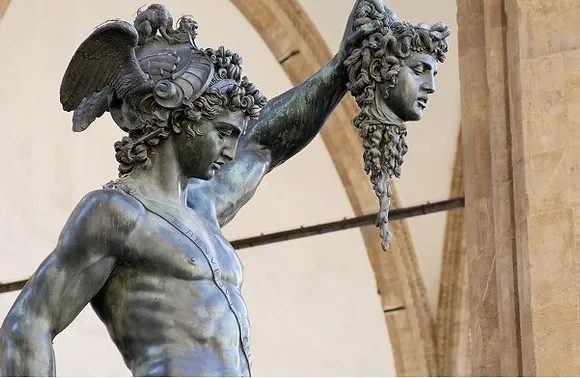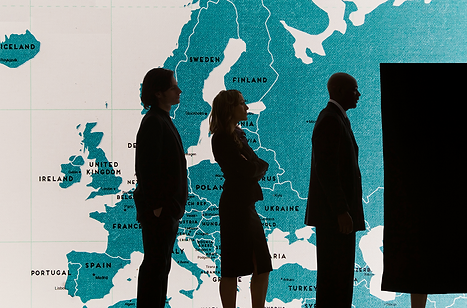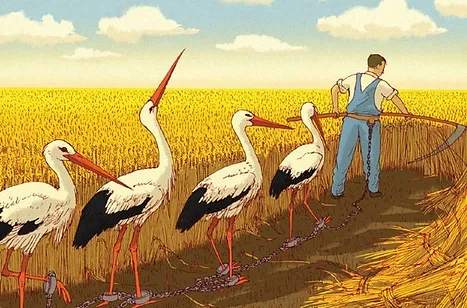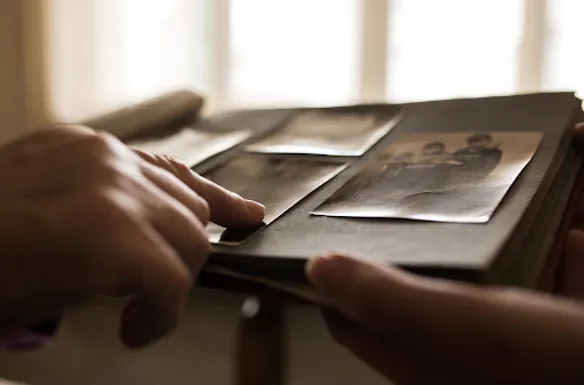
Social Memory and the Impact of Commemorative Remedies

We all share a memory apart from our individual recollections of the past. The kind of memory I am referring to cannot exist alone. It needs to be communicated since it is the product of historical, sociological, psychological, and political processes. Remember how your grandparents talked about past events? When you were listening to them as a kid, you believed every word they said. You internalized their points of view. You sometimes even defended their narrative. As you grew older, new ideas, world views, scientific truths, and historical knowledge penetrated your mind, and you slowly came to realize how the world your grandparents lived in affected the way they understood everything. You also realize now that when they told you about their memories of the past, it was not simply a bedtime story, it was generational knowledge being passed down to you.
To understand what happens while societies decide what to remember and what to forget, we first need to look into the science behind social memory. From a psychological perspective, “There is a distinction between the informational function of memory, how memories represent our knowledge of the past and the communicative function of memory, how individuals use memory to establish, maintain, and manage their relations with other people.” Both of these functions play a role in creating a collective memory. Maurice Halbwachs, a sociologist, defined collective memory as “those memories that are shared by members of a group by virtue of the fact that they are members of that group.” Individual memory is not separate from collective memory. Although there are some aspects of social memory that extend beyond the individual mind, the interplay between them is essential in the recollection of the past. While some events are remembered for centuries, some disappear into thin air. This is called social amnesia or memory hole, as exemplified in George Orwell’s 1984. Conversely, a society may experience rediscovered memories and regain communal consciousness of previously forgotten aspects of its history. Some contested memories can be causes of conflict between people or groups. Memories can be contested when different groups have different representations of the past.
The past events that a society chooses to remember are preserved, encoded, or sometimes retrieved in the form of monuments, memorials, and holidays. Alongside these, religions also preserve representations of the past in their holy days and rituals. The shared experiences of the group that we belong to transcend individual recollections. One example of how this process works is that half a century after the Holocaust, most of the survivors are deceased but as long as their memories are being passed down from one generation to other, their collective memory will be preserved.
Moreover, the content of memory has always been a concern for the political elite. During the Cold War, brainwashing techniques were designed by psychologists and neurologists to erase undesirable memory. In the present day, social memory caught the attention of the political elite once again as recollections of the past are resurfacing as the impetus to social change. Just like George Orwell wrote more than half a century ago, the past is being engineered to fit in with the political agendas. Media plays a very important role in these processes. We should not forget that what we see on a daily basis is chosen by certain people. The things they do not want us to remember very quickly disappear from the headlines and melt into the air. We should not stop talking about the issues that are dear to our hearts because communication is the most fundamental element of social memory. Even if the majority forgets, as long as one in a hundred remembers and talks about them, we can retrieve the lost memories and preserve the ones we do not want to forget.
Collective remembering is different from history in the sense that it is an identity project. It can be kneaded and moulded, stretched and cut, put in a box, or squeezed into a glass. This identity project does not need to be an evil scheme done by politicians although it can be. Sometimes by choosing to remember some memories and forget others, people learn to live together.
Bibliography:
Hewer Christopher J., Robert Ron, (2015) History, culture and cognition: Towards a dynamic model of social memory
https://www.ocf.berkeley.edu/~jfkihlstrom/MemoryWeb/social/social.htm
